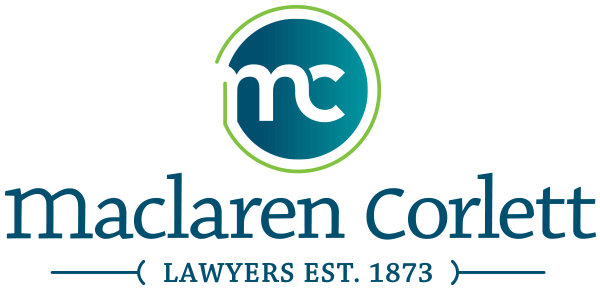Conflict of Interest: An Often Misunderstood Concept
There has been much in the media over the past several months, both here and south of the border, regarding allegations of, and denials of, conflicts of interest. Over the years I have found this one of the most difficult, and awkward, policies to actually see applied in the boardroom.
There are many various definitions of a conflict of interest but they all essentially boil down to this: a conflict of interest arises in a situation where private interests or personal considerations, be those one’s own or a family member’s, or a friend’s, or a business associate’s, affect or may affect an individual’s ability to act in the best interests of the institution or organization to which the individual in question owes such a duty.
It is no answer in the face of such a conflict of interest to say, “Oh no, I don’t have a conflict because I won’t allow this conflict to affect my actions or decision making.” The conflict remains. Time and time again people refuse to acknowledge an obvious conflict because they convince themselves that there is no conflict based on their belief that because they won’t allow themselves to be “conflicted.” Not the case. There is still a conflict even if one in all good faith believes that his or her decision making will not be affected by it.
There are unfortunately some, particularly in the not-for-profit sector, who believe that the presence of a board member finding himself or herself in a conflict of interest prevents the board from then acting on the matter. Not the case. All that needs to be done is that the board member in question declare his or her conflict of interest, abstain from the discussion and vote on the issue (and better still, leave the meeting room during the discussion and vote on the issue), and the board may then proceed to deal with the matter at hand, absent the involvement of the conflicted board member.
To avoid these and other conflict of interest problems it is far and away best that every institution and organization have a thorough and robust Conflict of Interest Policy in place. Every board member should be familiar with the Policy and ensure that it is applied as and when a conflict arises. When in doubt, best practice is to assume a conflict, declare it, act in accordance with the requirements of the Conflict of Interest Policy and move on with the business of the institution or organization accordingly. An easy rule to apply: if it feels like a conflict of interest, it probably is one. Always err on the side of disclosure. A board member owes that to himself or herself, and owes it equally to the institution or organization.
An appropriate understanding and appreciation of the concept of conflicts of interest will go a long way to keeping any institution or organization and its board and board members out of trouble. Seeking advice in this regard from a knowledgeable legal counsel will ensure that such will be the case.



